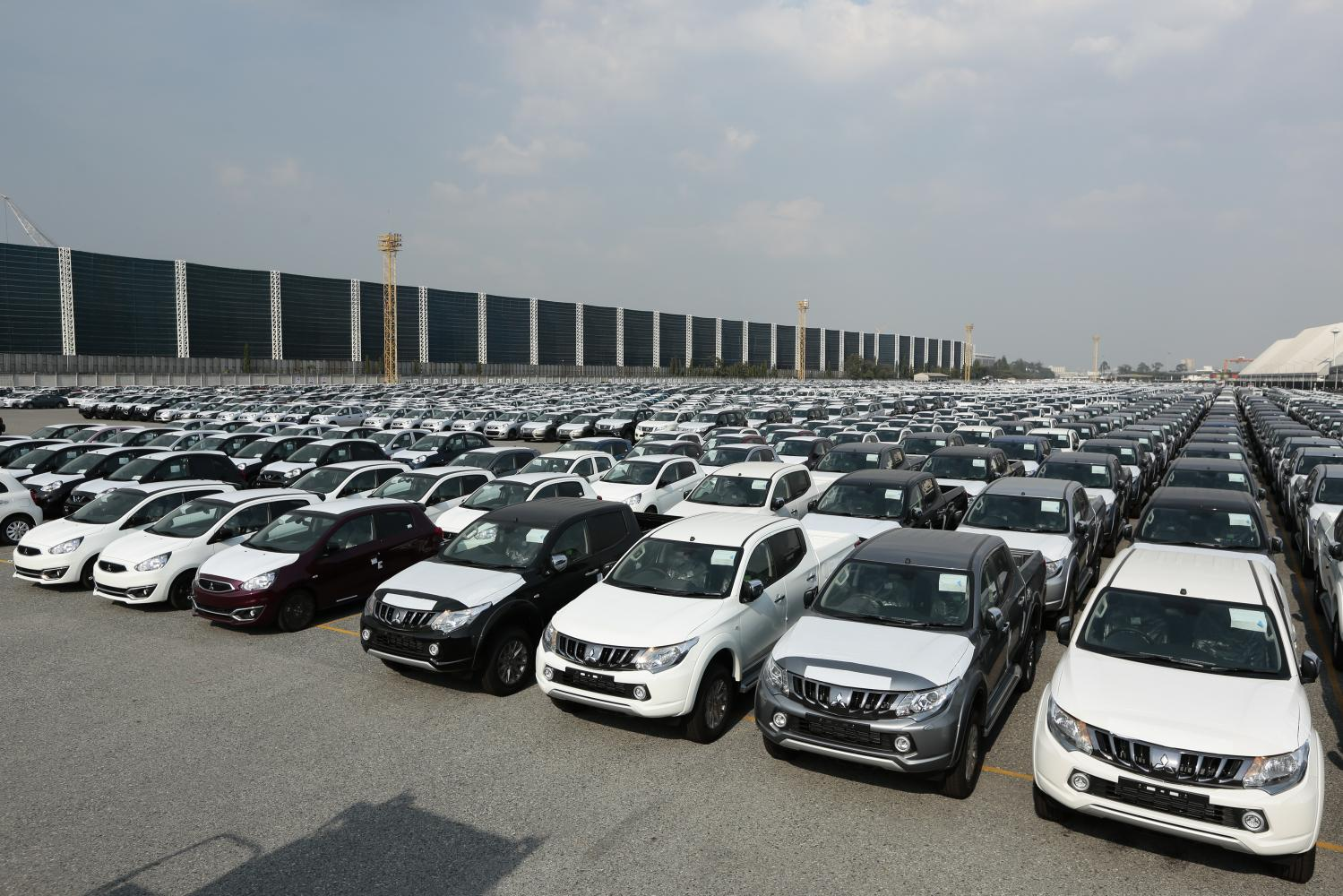Gabon’s automobile market is evolving, driven by urbanization, rising middle-class incomes, and increasing demand for personal and commercial vehicles. While challenges such as high import costs and limited local production persist, the market holds potential for growth through government support and sustainable solutions. This article explores the key dynamics of Gabon’s automobile sector and its prospects.
Overview of Gabon’s Automobile Market
Gabon’s vehicle market primarily relies on imports, with a focus on used vehicles and commercial fleet expansion.
Key Features:
-
Dominance of Used Vehicles:
• Second-hand vehicles make up a significant share of the market due to affordability. -
Growing Demand for Commercial Vehicles:
• Trucks and buses are increasingly sought after for infrastructure development and public transportation. -
Preference for Durable Brands:
• Consumers favor durable, fuel-efficient models, particularly from brands like Toyota and Nissan.
Challenges in Gabon’s Automotive Sector
Despite its growth potential, Gabon’s automobile industry faces several obstacles that need addressing.
-
Dependence on Imports:
• The lack of local manufacturing or assembly plants increases the cost of vehicles.
• Import tariffs and logistics further raise prices, limiting accessibility. -
Infrastructure Limitations:
• Inadequate road networks and poor maintenance facilities hinder the effective use of vehicles, especially in rural areas. -
Environmental Concerns:
• The influx of older vehicles contributes to higher emissions, raising concerns about sustainability and pollution.
Emerging Opportunities in Gabon’s Vehicle Market
Several factors are driving optimism for the future of Gabon’s automobile industry.
-
Economic Growth and Urbanization:
• The rise of the middle class and urban expansion are increasing the demand for personal vehicles.
• Cities like Libreville and Port-Gentil are becoming key hubs for automobile sales. -
Regional Trade and Integration:
• Gabon’s membership in ECCAS (Economic Community of Central African States) promotes regional trade, enabling access to broader markets. -
Potential for Green Vehicles:
• With global emphasis on electric and hybrid vehicles, Gabon could explore initiatives to encourage the adoption of sustainable transportation.
The Role of Policy and Private Sector Investment
To capitalize on opportunities, a collaborative approach between the government and private sector is essential.
Government Initiatives:
-
Incentives for Local Assembly:
• Offering tax breaks and subsidies to manufacturers could encourage local vehicle production. -
Improved Road Infrastructure:
• Investment in roads and maintenance facilities is critical for supporting market expansion. -
Environmental Policies:
• Implementing regulations to limit the import of high-emission vehicles can encourage cleaner alternatives.
Private Sector Contributions:
• Partnerships with global automakers could introduce advanced technology and expertise.
• Expanding financing options, such as car loans, would make vehicle ownership more accessible.
Future Outlook for Gabon’s Automobile Market
Gabon’s automobile market has the potential to grow significantly, provided the challenges of affordability, infrastructure, and sustainability are addressed. Investments in infrastructure, coupled with regional integration and support for green initiatives, can transform the sector into a driver of economic development.
Conclusion
The automobile market in Gabon is at a critical juncture, balancing challenges with opportunities for growth. With strategic policy measures and private-sector engagement, Gabon can create a thriving automotive industry that meets the needs of its citizens while fostering economic progress. A focus on sustainability and innovation will ensure the market’s resilience and long-term success.





